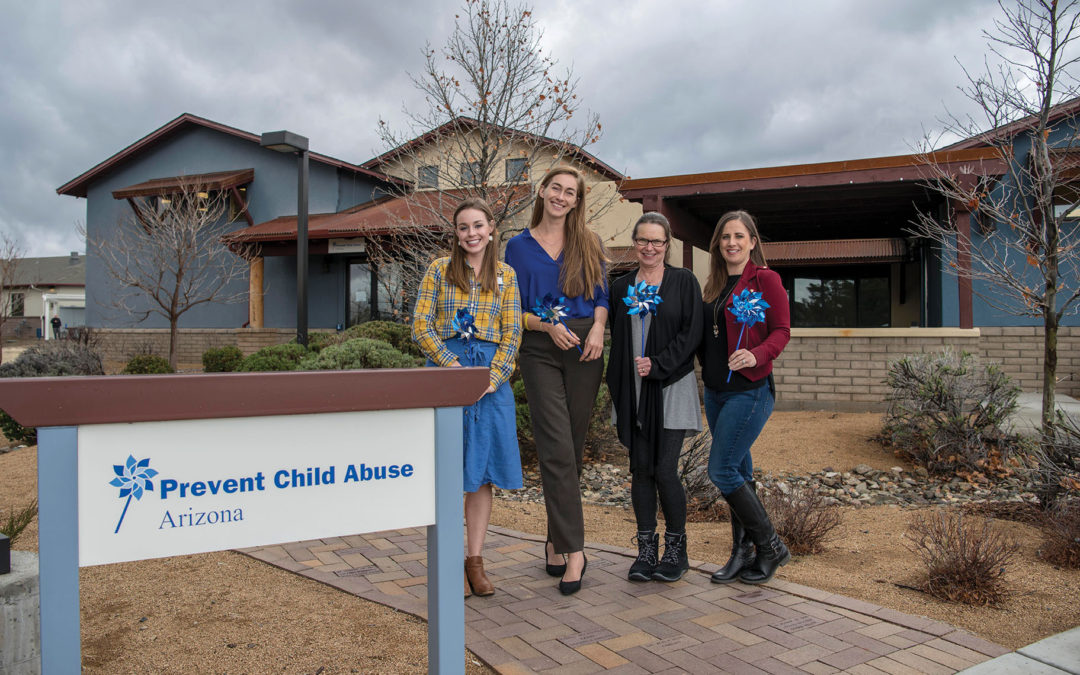Many children go through hard things like bullying, losing a parent to divorce or death, witnessing domestic violence, and even abuse. Experts refer to these things as Adverse Childhood Experiences (ACEs) and childhood trauma.
Without intervention, these ACEs and traumatic events may have long-term effects on a person as he or she grows into an adult, including a higher likelihood of developing depression, being obese, smoking, and generally poor health.
This might be alarming, but there is hope. According to new research from the Center for the Study of Social Policy: Positive Childhood Experiences (PCEs) can help buffer the negative effects of ACEs. They also predict positive outcomes for all children, regardless of whether or not they’ve experienced ACEs, including good health (in childhood and as an adult) and success in school.
Positive Childhood Experiences are those that build a child’s sense of belonging and connection, and they include:
- Feeling like they’re able to discuss their feelings with a family member.
- Feeling like their family stood by them during difficult times.
- Enjoying participation in community traditions.
- Feeling a sense of belonging in high school.
- Feeling supported by friends.
- Having at least two non-parent adults who took a genuine interest in them.
- Feeling safe and protected by an adult in their home.
What Can We Do to Promote PCEs for All Children?
Parents: Researchers at the Center for the Study of Social Policy found that children are more resilient, have more success in school, and have better health outcomes when their parents discuss things that matter, participate in their child’s activities and know their friends, and manage their own stress around parenting.
Community Members: All children can benefit from PCEs, and you can help promote them. Consider volunteering as a mentor (through programs like Big Brothers Big Sisters or by being a Court-Appointed Special Advocate). Consider making a monetary gift to organizations that support families, children, and/or teens (The Launch Pad, Arizona’s Children Association, the Yavapai Family Advocacy Center, to name a few). Show up to events in your community! Wherever you go, you can be a positive influence on children and families by treating people with kindness. You never know who might need the strength you have to offer.
In conclusion …
The more PCEs children have, the more likely they are to be healthy and resilient, long-term. Together, we can give our children the support they need to thrive—and to build a thriving community in the future.
Editor’s Note: look for the Strong Families, Happy Kids column in every issue of Prescott Woman Magazine. It’s designed to support parents with actionable tips and strategies they can use to create optimal environments for their children to thrive. To learn more about Prevent Child Abuse Arizona’s mission and resources visit www.pcaaz.org

